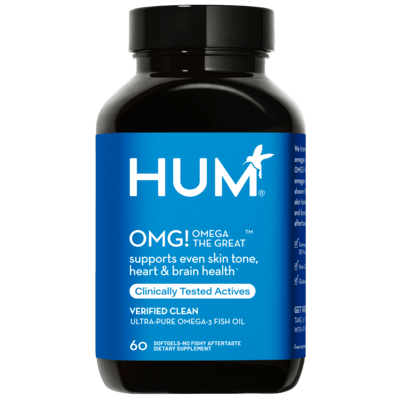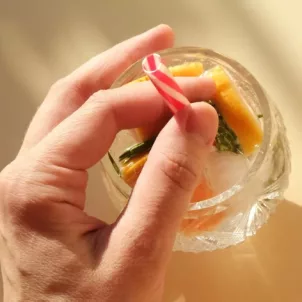The Okinawa Diet and the Secret to Longevity
Can you really live to be 100 years old on this diet?
Islanders from Okinawa, Japan are known for being some of the world’s longest-living and healthiest people. Wondering what’s in their water? Actually, the longevity of Okinawans has everything to do with their native diet. Let’s take a deeper look into what they’re doing right.
What Is The Okinawa Diet?
First, over 90% of their diet consists of plant-based foods. Less than 1% of their diet consists of fish, and an even a smaller percentage is meat. As we go through the staples of the Okinawa diet, you’ll notice that their diet is low in calories yet nutritionally dense. The Okinawa diet is colorful with medicinal foods and herbs including green and yellow vegetables, fresh and pickled citrus fruits, lean fish, and an array of spices such as ginger and brown sugar.
Okinawa Diet Staples
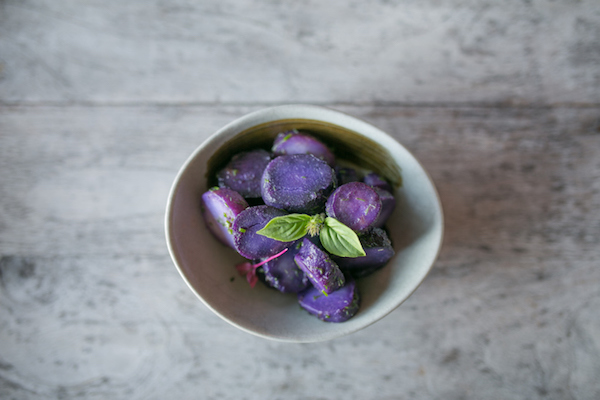
Root Vegetables
Root vegetables, like purple sweet potato and taro, are at the core of the Okinawa diet. They’re high in fiber, carotenoids, flavonoids, and other important micronutrients. The juice of the purple sweet potato may even have further medicinal benefits such as lowering blood pressure and supporting liver health. Plus, these complex carbs are a great weight-management tool because they improve satiety.
Citrus Fruit
The traditional Okinawa diet also consists of one serving of fruit per day. Citrus fruits native to the island are most common, such as papaya, passionfruit, bananas, mangos, and pineapples. Not only are these a delicious addition to your diet, but the high vitamin-C content is great for helping your skin maintain a youthful appearance.
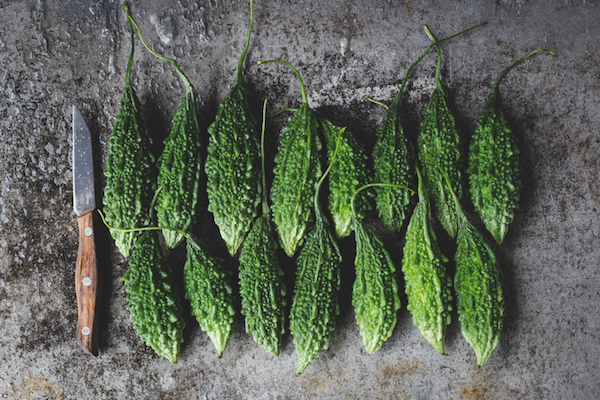
Bitter Melon
Here’s a staple item you might be less familiar with. Bitter melon is part of the gourd family. Researchers consider bitter melon a holy-grail medicinal plant for its antioxidant, anti-inflammatory, antibacterial, anti-obesity, and anti-cancer properties.
Turmeric
Similar properties are available in the Okinawan diet superfood turmeric. Popular in a daily tea with Okinawans, turmeric contains a powerful chemical called curcumin that may play an important role in preventing age-related deterioration.
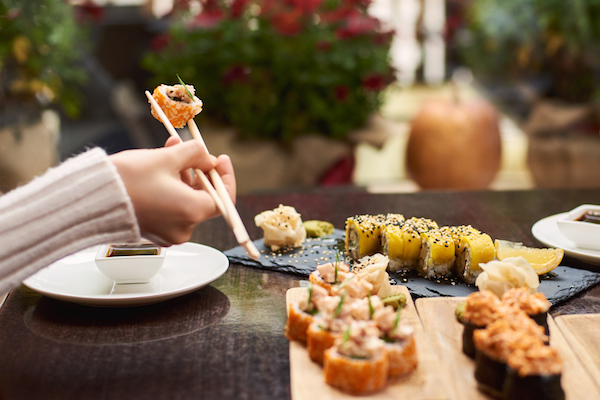
Fish
But not as much as you think! The traditional Okinawa diet actually only includes three servings of fish per week. Consuming these omega-3s boasts many anti-inflammatory benefits, including supporting healthy blood pressure, heart health, and brain function. For Okinawans who followed this diet their entire lives, heart disease and cerebrovascular disease were almost nonexistent on the island.
Seaweed
Seaweed is a plant-based seafood essential in the Okinawa diet. It’s a great source of zinc, calcium, and iodine, and can even help boost your metabolism by supporting your thyroid. Okinawans incorporate seaweed in noodles, sushi, salads, and stews.
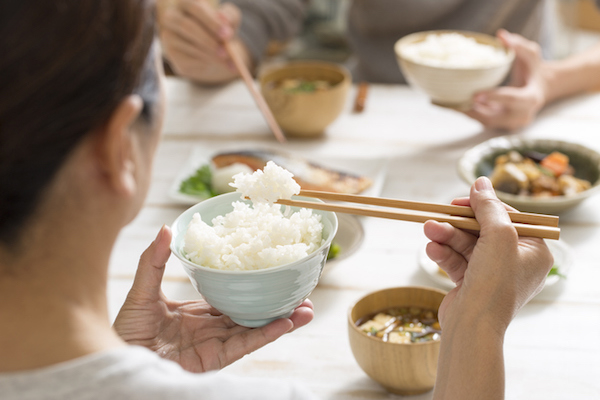
Rice
Okinawans include rice in meals two or three times per day. Resources disagree about whether brown or white rice is more common. However, one thing that does stand out is the unique way that it’s prepared. Okinawans soak their rice in water, which softens the grain until sprouts begin to form. As a result, the grain releases sugar proteins creating a sweeter taste.
Am I saying to go out and add three servings of rice to your daily diet? Not really. In the case of the Okinawa diet, the rice is essential in balancing a low-sugar diet that’s rich in legumes, nuts, and starchy and leafy vegetables.
When In Doubt, Eat More Plants
In recent decades, the traditional Okinawa diet has faded as Western restaurants and processed foods infiltrate the island. It’s important to note that the benefits of the Okinawa diet are based on evidence from islanders who have consumed this diet throughout their entire lives. We still need more studies to solidify the benefits of incorporating this diet later in life. However, there’s plenty of evidence supporting the benefits of a plant-based (or mostly plant-based) diet.
